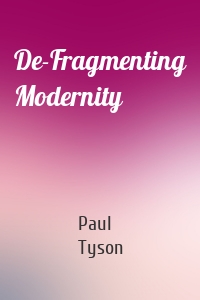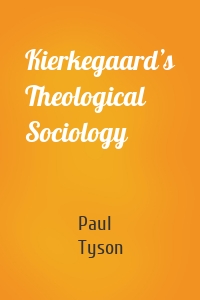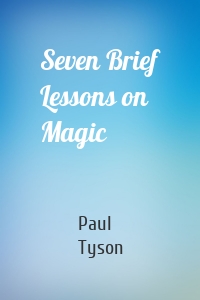Paul Tyson
3 кн.
De-Fragmenting Modernity
We live in a strangely fragmented lifeworld. On the one hand, abstract constructions of our own imagination–such as money, «mere» facts, and mathematical models–are treated by us as important objective facts. On the other hand, our understanding of the concrete realities of meaning and value in which our daily lives are actually embedded–love, significance, purpose, wonder–are treated as arbitrary and optional subjective beliefs. This is because, to us, only quantitative and instrumentally...
| Автор | Paul Tyson |
Kierkegaard’s Theological Sociology
Kierkegaard developed a distinctive type of sociology in the 1840s–a theological sociology. Looking at society through the lens of analysis categories such as worship, sin, and faith, Kierkegaard developed a profoundly insightful way of understanding how, for example, the modern mass media works. He gets right inside the urban world of Golden Age Denmark, and its religion, and analyses «the present age» of consumption, comfort, competition, distraction, and image-construction with astonishing...
| Автор | Paul Tyson |
Seven Brief Lessons on Magic
Is magic real? Could anything be real that can't be quantified or scientifically investigated? Are qualities like love, beauty, and goodness really just about hormones and survival? Are strangely immaterial things, like thought and personhood, fully explainable in scientific terms? Does nature itself have any intrinsic value, mysterious presence, or transcendent horizon? Once we ask these questions, the answer is pretty obvious: of course science can't give us a complete picture of...
| Автор | Paul Tyson |




